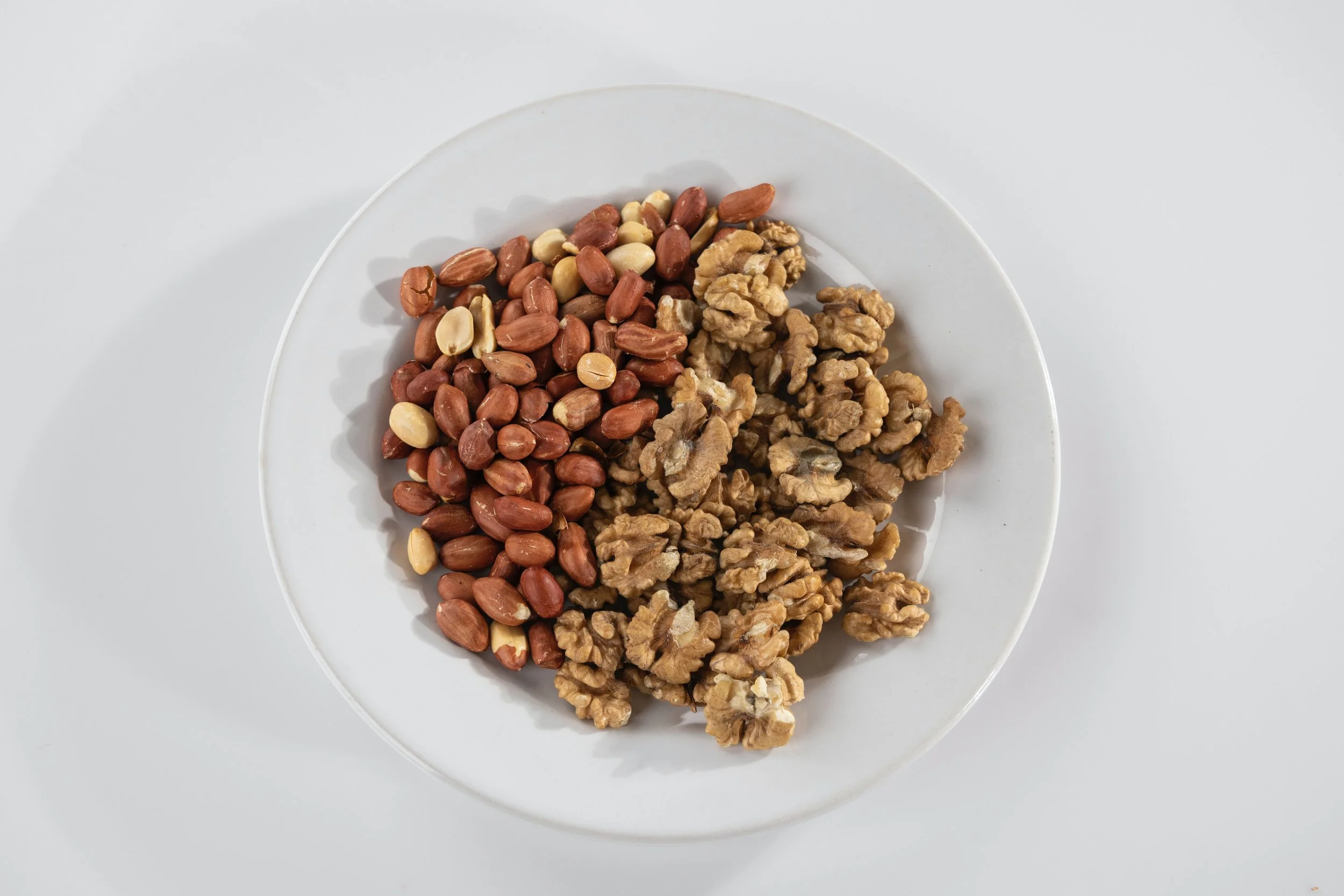8 Effective Nutrition Tips to Improve Your Health & Feel Healthy
Nutrition plays a crucial role in having a healthy diet and feeling healthy. Nutrition is essentially eating the right things. But what exactly is to eat right? Well, a balanced diet that consists of all the nutrients your body needs is a great starting point for starters.
You eat the right amount of calories your body needs to stay active. Experts recommend that men have around 2,500 calories, and women 2000 calories a day.
Eating the proper meals and in the correct proportions is the easiest way to stay healthy and not get overweight. Below are eight practical nutrition tips you could follow to improve your overall health and feel fit.
Add CBD to Your Diet
CBD is a significant source from the Cannabis Sativa plant—specifically hemp. Hemp has all the 20 amino acids making it a complete protein chain. Many of the vital amino acids you get in other foods are also in CBD. CBD also has B-complex vitamins such as B6, B12, Niacin, Riboflavin, and Thiamine.
Taking CBD can also help get rid of inflammation. It can also offer a unique set of antioxidants to help you get rid of oxidative stress. You can find the perfect CBD products such as CBD gummies by Sunday Scaries online.
Eat Slowly
You probably didn't know this, but eating too quickly can lead to weight gain! According to several studies, faster eaters are more likely to become overweight than people who eat slower. One study further suggested that this phenomenon has a 115% chance of happening in middle-aged women.
This happens because as you eat, your body releases "fullness hormones" that tell your brain you've eaten enough and you should stop. However, this whole process takes around 20 minutes, and for speedy eaters, this time may be enough to consume too much food.
So, next time you're having a meal, be conscious and eat slowly and take note of its effect on your appetite.
Drink More Water
You've probably heard the saying, "you should take at least eight glasses of water daily." Yet most of us never actually fall through with this. Instead, we end up taking other liquids such as coffee, sodas, and other beverages.
The human body comprises about 60% of water and not the soft drinks and beers we often prefer. The benefits of drinking water can't be stated enough.
Water helps energize our muscles, control our calorie intake, hydrate the skin and keep our kidneys healthy. Being hydrated also lowers cravings for less healthy and sugary beverages.
Eat More Fruits and Vegetables
From a health survey that involved more than 65,000 people, it was found that those who consume seven or more portions of fruits and vegetables each day were less likely to die from any health causes by 42%, compared to those who ate less than one portion daily.
Eating fruits and vegetables is essential, not just any types of fruits and vegetables, but fresh produce. People who eat canned and frozen produce increase their risk of dying by 17 %.
Read Nutrition Labels
Most are guilty of not reading nutrition labels, but it's a very effective way to watch what you eat. If cutting down on weight is one of your health goals, you should make it a habit to read the nutrition labels for any foods you buy.
Always look for the total calories a product has and not only for one serving. Reading nutrition labels will help you avoid misleading marketing labels such as "low fat," "high in fiber," or "zero sugar."
Cut Out Sugar
Good nutrition is about attaining the perfect macro balance, and this means consuming added sugar. Today, the average American consumes almost 152 pounds of sugar in one year. This is equal to 3 pounds (or 6 cups) of sugar consumed in one week!
According to a study by Harvard Health, people who got 17% to 21% of their calories from added sugar had a 38% higher risk of dying from cardiovascular disease compared with those who consumed 8% of their calories as added sugar.
Add Healthy Fats to Your Diet
Not all fats are bad. You need to eat foods with monounsaturated and polyunsaturated fats as they are essential for heart and brain health. You should limit foods with trans-fats, increasing the risk of heart disease.
Good sources of healthy fats include nuts, seeds, extra virgin olive oil, full fat dairy, coconuts, avocados, and fish.
Eat Regularly and Control Your Portion Sizes
Eating a variety of foods regularly and in the correct amounts is the best way to achieve a healthy diet. You should try as much as possible not to skip meals because it can lead to out-of-control hunger, which often results in overeating.
You can also try snacking between meals to control hunger, but snacks should not replace proper meals and my rule of thumb for snacks is that it must contain protein. Protein is the most satiating of the macros. Having a high carb snack will only make you more hungry!
Snacking ideas could be full fat yogurt, nuts, cheese and meat, or a protien shake. Pay attention to the portion sizes to not consume too many calories.
Conclusion
Good nutrition contributes a lot to your overall wellness and health, and you should skimp on it. If you don't know the full details about having good food, its benefits, and how to achieve it, get professional help from one of our Nutrition Coaches!
Nutrition is an essential aspect of a healthy lifestyle, and the importance of excellent nutrition cannot be overstated.



